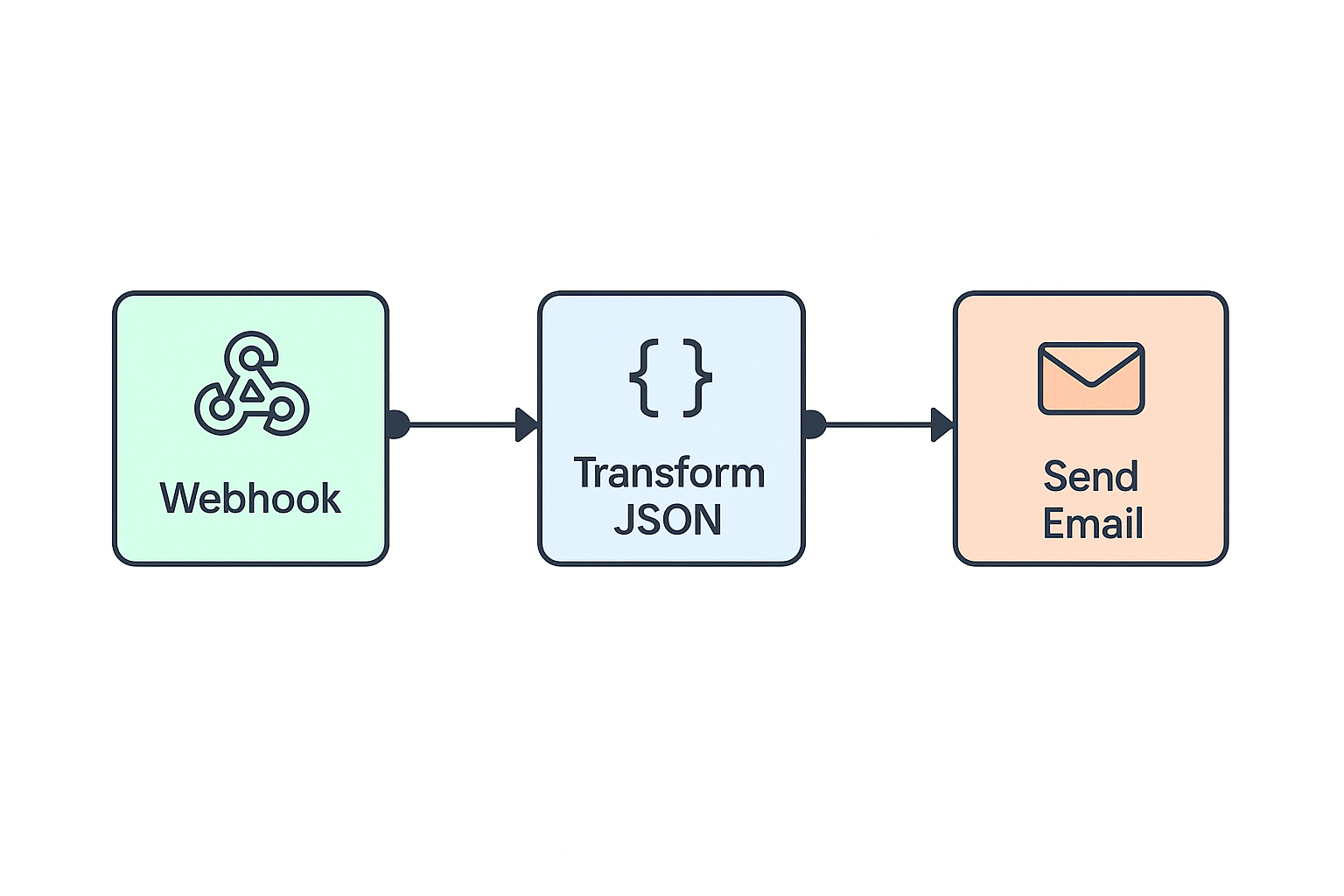Helpdesk needs assessment for growing startups
Startups often begin with a shared inbox or Slack channel for support. As customer volume grows, that quickly becomes unmanageable. A helpdesk system introduces structure: ticketing, assignment, response tracking, and reporting.
Key needs for startups:
- Affordability → free or low-cost solutions.
- Ease of use → minimal training for small teams.
- Scalability → handle growing ticket volumes.
- Integrations → email, chat, and CRM.
- Control → data ownership, custom workflows.
Open-source tools solve cost and flexibility issues but bring maintenance overhead.
osTicket: mature but dated solution
osTicket has been around for over a decade and remains one of the most popular free helpdesk tools.
- Pros:
- Large community and documentation.
- Handles email-to-ticket workflows reliably.
- Plugins for SLA management, canned responses.
- Cons:
- Interface feels outdated.
- Limited modern features like real-time chat or advanced reporting.
- PHP/MySQL stack → easy to host, but not cloud-native.
Best fit: small teams needing a stable, no-frills ticketing system.
Zammad: modern interface with self-hosted complexity
Zammad is a newer open-source platform with a polished UI and modern features.
- Pros:
- Contemporary design → feels like Zendesk.
- Built-in channels: email, chat, Twitter, WhatsApp.
- ElasticSearch-powered search and reporting.
- Cons:
- Resource-intensive (needs Elasticsearch + Rails stack).
- More complex to deploy than osTicket or FreeScout.
- Higher hosting costs at scale.
Best fit: startups wanting modern UX but willing to invest in hosting/DevOps.
Helpy: Ruby-based simplicity
Helpy is a lightweight Ruby on Rails helpdesk.
- Pros:
- Clean, minimalist design.
- Simple to extend if your team knows Ruby.
- Includes multi-language support.
- Cons:
- Smaller community and fewer integrations.
- Lacks advanced automation.
- Limited ecosystem compared to Zammad.
Best fit: teams that want a lightweight, hackable solution.
FreeScout: PHP-based alternative to Help Scout
FreeScout positions itself as an open-source clone of Help Scout.
- Pros:
- Familiar, email-like interface.
- Easy to deploy on basic PHP hosting.
- Strong module marketplace for CRM, chat, reporting.
- Cons:
- Some features locked behind paid modules.
- Not as feature-rich out of the box as Zammad.
- Community: Active, with commercial backing.
Best fit: startups migrating from shared inboxes who want “Help Scout without the subscription.”
Real hosted vs self-hosted trade-offs
- Hosted (Zendesk, Freshdesk, Help Scout):
- Pros: zero maintenance, enterprise reliability.
- Cons: monthly cost grows fast, risk of lock-in.
- Self-hosted OSS (Zammad, osTicket, FreeScout):
- Pros: no license cost, full data control, customization.
- Cons: requires server admin, patching, backups.
For startups, the trade-off is cash vs time. Paying SaaS frees focus but adds burn. Self-hosting saves money but costs engineering cycles.
Integration requirements: CRM, chat, email
Modern helpdesks must integrate with:
- CRM (HubSpot, Salesforce, open-source like SuiteCRM).
- Chat (Slack, Mattermost, Intercom alternatives).
- Email (IMAP/SMTP for ticket creation).
Zammad and FreeScout have stronger integration ecosystems than osTicket or Helpy.
Scaling considerations: team growth and ticket volume
Questions to ask:
- Can the system handle 1k+ tickets/month?
- Does it support role-based permissions?
- How does it manage multiple channels (chat, social, email)?
- osTicket: struggles at higher volumes.
- Zammad: best scaling option, closer to Zendesk.
- FreeScout: scales fine if hosting is optimized.
- Helpy: limited for large teams.
Migration planning: data export and import strategies
- osTicket → Zammad: migration scripts exist but require manual cleanup.
- FreeScout → SaaS (e.g., Help Scout): CSV/JSON export supported.
- Always test historical ticket import before committing.
Migration tip: keep old system read-only for legacy records.
Total cost analysis: hosting, maintenance, opportunity cost
| Tool | License Cost | Hosting | Maintenance | Hidden Costs |
|---|---|---|---|---|
| osTicket | Free | $5–20/mo | Low | Dated UX, training |
| Zammad | Free | $20–50/mo | Medium-High | DevOps, scaling |
| Helpy | Free | $5–20/mo | Medium | Limited features |
| FreeScout | Free | $5–20/mo | Low-Medium | Paid modules |
Opportunity cost: self-hosting saves cash but delays features. If your team is engineering-constrained, SaaS may still be cheaper in the long run.
Conclusion
- osTicket: reliable but dated.
- Zammad: modern, powerful, but heavy.
- Helpy: minimalist, Ruby-friendly.
- FreeScout: practical Help Scout alternative.
For startups, the choice is less about “best tool overall” and more about budget vs available engineering time.
FAQs
Which open-source helpdesk is closest to Zendesk?
Zammad, with a modern UI and multi-channel support.
What’s the easiest to deploy on cheap hosting?
FreeScout, thanks to its PHP stack.
Which tool has the strongest community?
osTicket (longevity) and Zammad (modern adoption).


